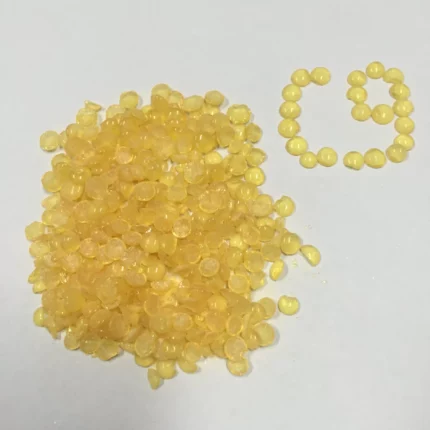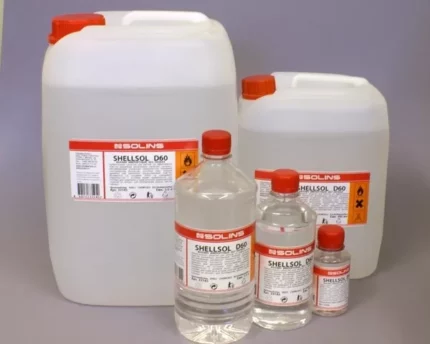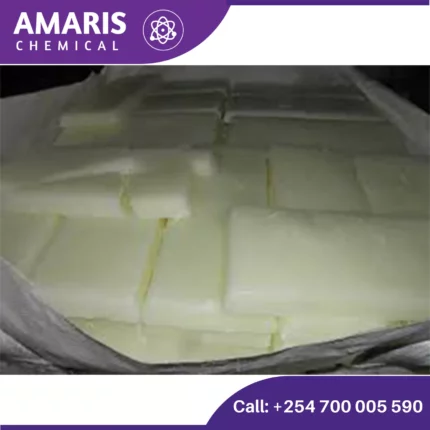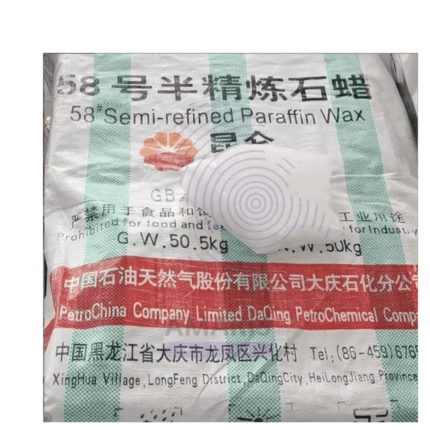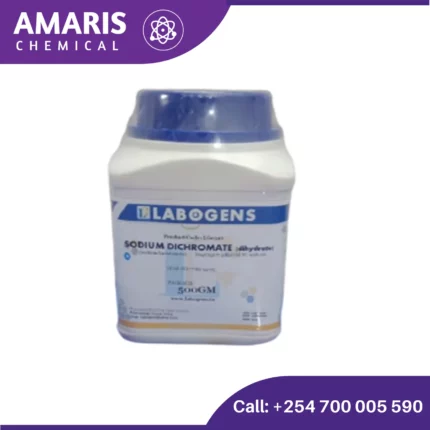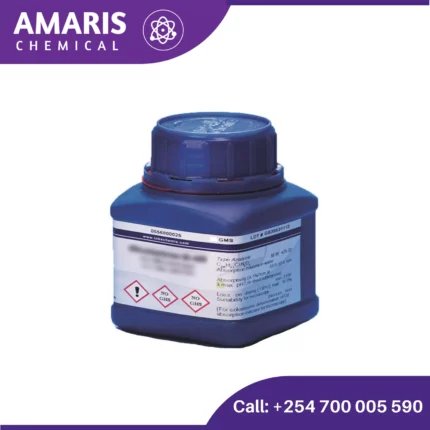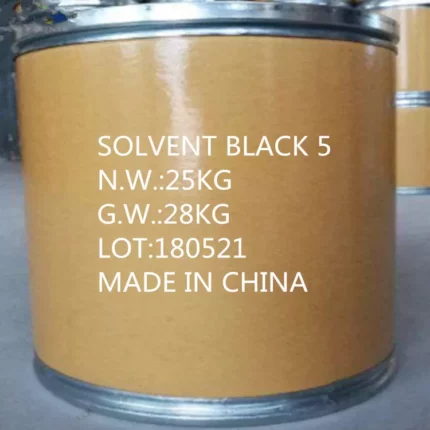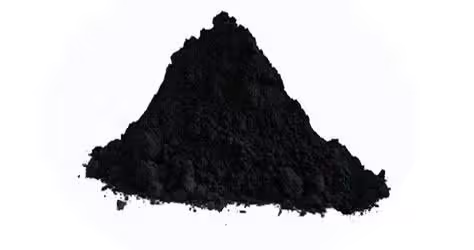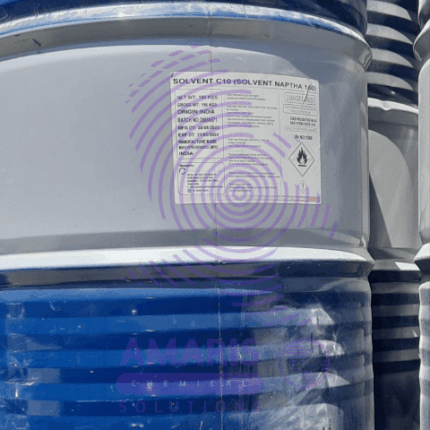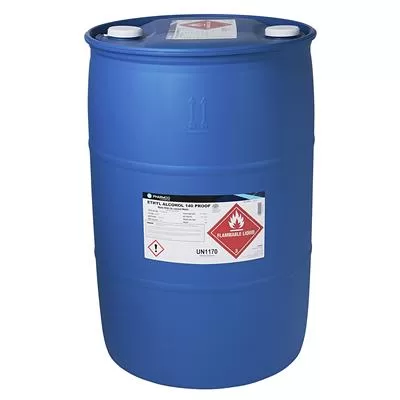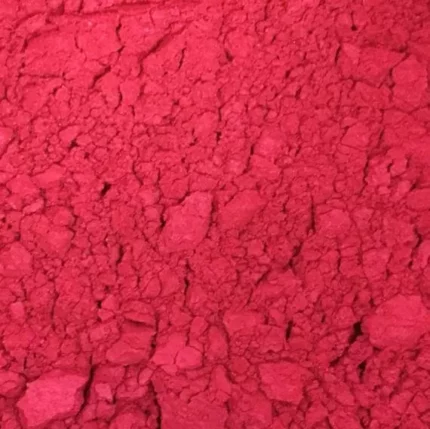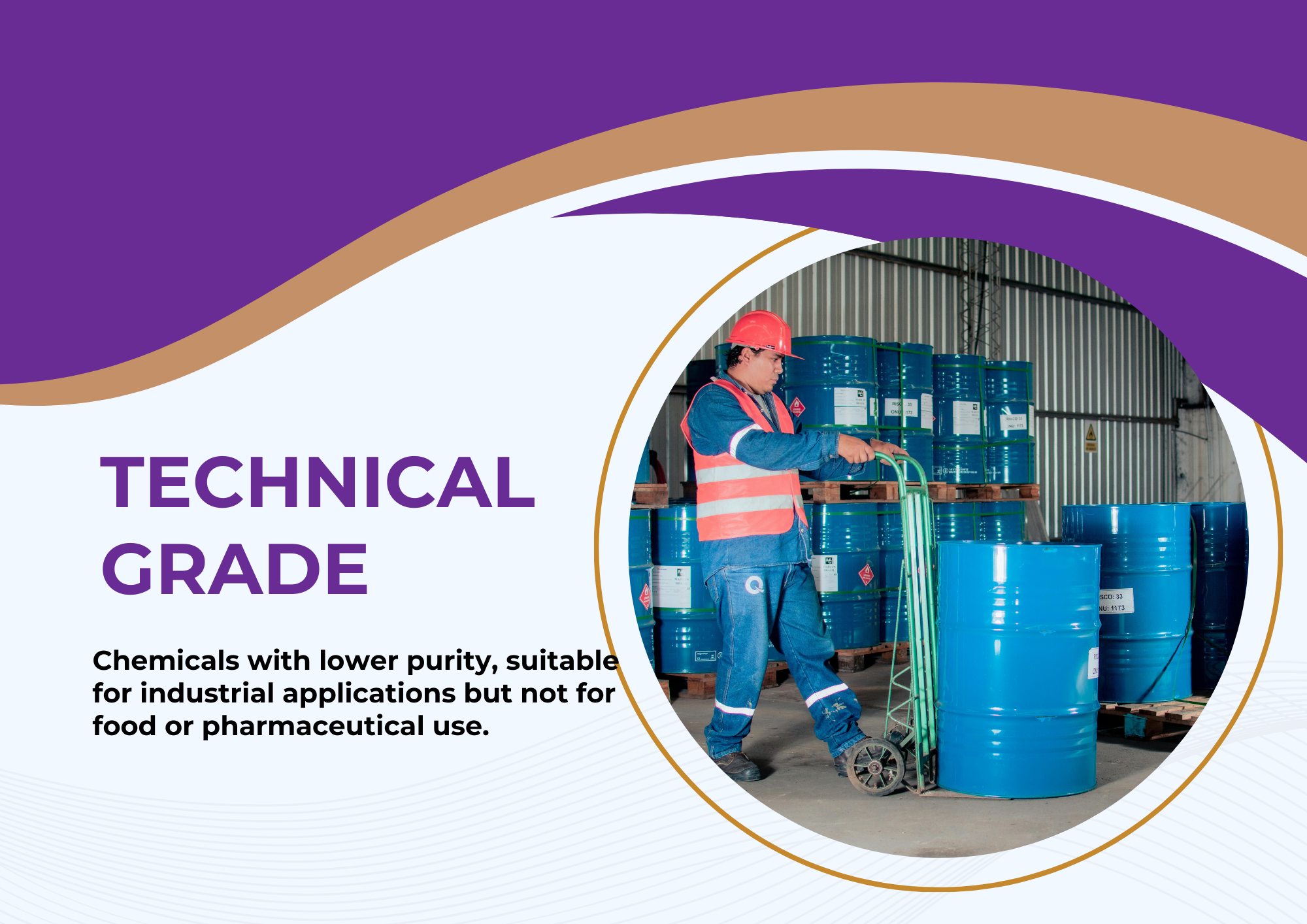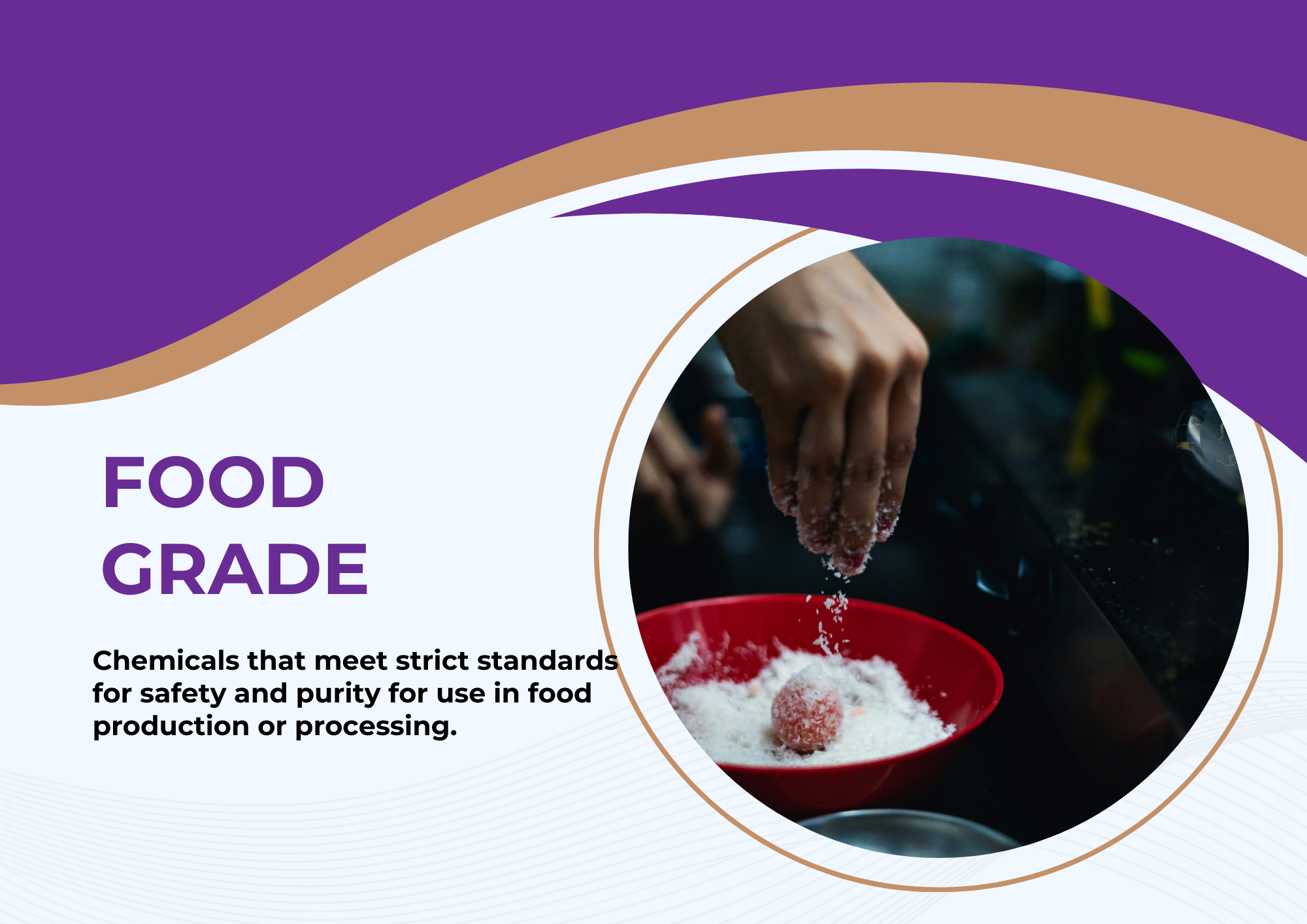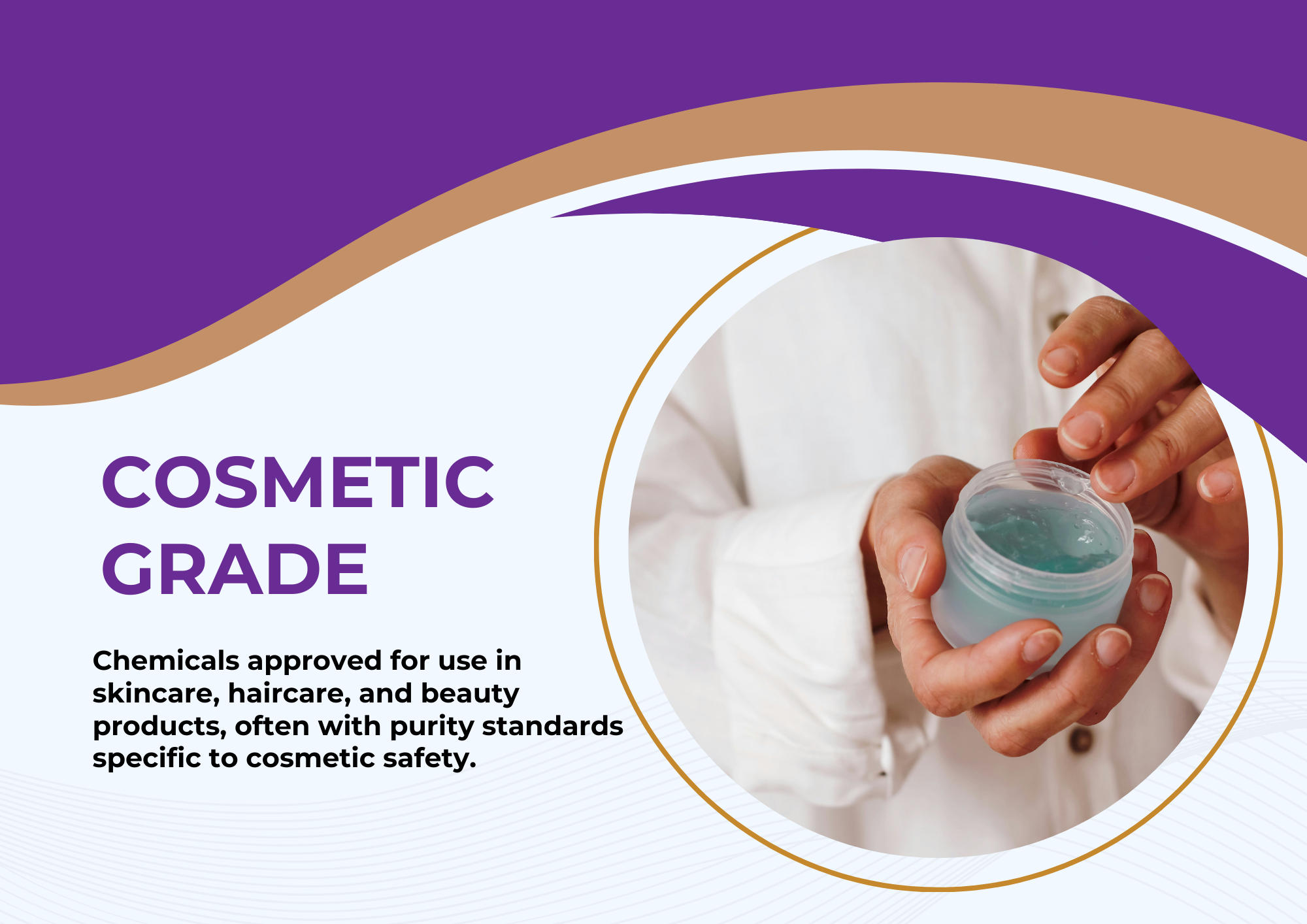Petroleum Resin C9 Hydrocarbon 25 kg Bag
Petroleum resin C9 hydrocarbon, also known as C9 hydrocarbon resin or simply C9 resin, is a type of thermoplastic resin that is derived from the distillation of petroleum products. It is composed primarily of aliphatic and aromatic hydrocarbons, and is typically produced by the polymerization of C9 fraction of petroleum, which is obtained by the distillation of crude oil.
C9 hydrocarbon resin is a highly versatile material that finds use in a wide range of industrial applications, including adhesives, coatings, printing inks, rubber compounding, and more. It is valued for its excellent solubility, compatibility with other resins, and ability to enhance the properties of other materials, such as adhesion, tack, and flexibility.
In summary, petroleum resin C9 hydrocarbon is a type of polymer derived from petroleum that is widely used in various industries for its unique properties and compatibility with other materials
Short Oil Fast Drying (16/50) 200 Kg Drum
"Short oil fast drying" refers to a type of alkyd paint that is made with a low proportion of fatty acid oil in the binder, resulting in a quicker drying time compared to other alkyd paints. The term "short oil" indicates that the oil content is low, while "fast drying" indicates that the paint dries relatively quickly.
Sodium Dichromate 500gm
Analytical Reagents, Anti Corrosion Agents, Microbiology and Cell Culture Reagents, Oxidizing Agents
Sodium dichromate is a bright orange, crystalline compound with the formula Na₂Cr₂O₇. It's a strong oxidizing agent often used in laboratories and industrial processes. It's also utilized in cleaning and etching applications due to its powerful oxidizing properties. However, it is highly toxic and carcinogenic, so handling it requires strict safety measures.
Sodium Diphenylamin Sulphonate
Sodium diphenylamine sulfonate (SDS) is a chemical compound used primarily as an antioxidant in various industries, including the rubber and petroleum sectors. It helps prevent oxidation and degradation of materials by acting as a stabilizer. SDS is also utilized in some water treatment processes to inhibit corrosion.
Solvent Naphtha C10 150 180kg Drum
Solvent naphtha is a term used to describe a group of hydrocarbon solvents that are commonly derived from petroleum. These solvents are typically used in industrial processes such as cleaning, degreasing, and as a diluent in the production of paints, coatings, and adhesives. Solvent naphtha can vary in composition, but it generally refers to a mixture of straight-chain and branched-chain hydrocarbons with boiling points in the range of 130°C to 230°C. The exact composition and properties of solvent naphtha can vary depending on the source of the petroleum from which it is derived and the specific refining processes used to produce it
Titanium Dioxide 25kg
Titanium dioxide is a naturally occurring compound with the chemical formula TiO2. It is an inorganic, white-colored pigment that is widely used in various industries and consumer products.
Physically, titanium dioxide appears as a fine, odorless, and tasteless powder with a high refractive index, giving it excellent opacity and brightness. Its unique properties make it an indispensable ingredient in many applications.
One of the primary uses of titanium dioxide is as a pigment in paints, coatings, and plastics, where it imparts whiteness, brightness, and opacity. It provides excellent coverage and enhances the color intensity of pigmented products.
Another important application of titanium dioxide is in the production of sunscreen and cosmetic products. It acts as a physical UV filter, reflecting and scattering ultraviolet (UV) light, thereby protecting the skin from harmful UV radiation. Due to its stability and non-toxic nature, it is widely preferred in sunscreens and cosmetics.
Furthermore, titanium dioxide is utilized as a catalyst in various chemical reactions, particularly in the field of photocatalysis. It possesses the ability to accelerate chemical reactions when exposed to light, making it useful in environmental applications like air and water purification, self-cleaning surfaces, and reducing pollutants.
In addition to its industrial applications, titanium dioxide is also used in food products, where it serves as a food coloring agent (E171) to provide a bright white color to confectionery, dairy products, sauces, and other food items.
Overall, titanium dioxide is a versatile and widely employed compound known for its exceptional opacity, brightness, UV-blocking properties, stability, and non-toxic nature. Its multifaceted applications span across industries such as paints, coatings, plastics, cosmetics, catalysis, and food.


